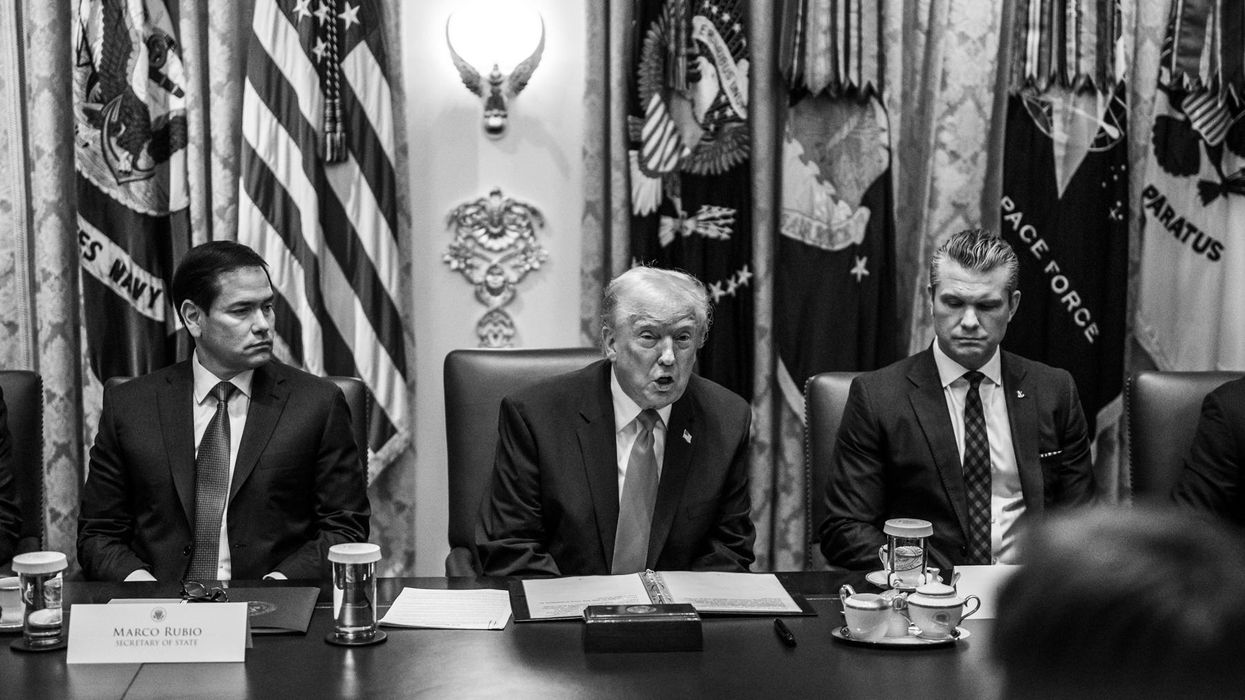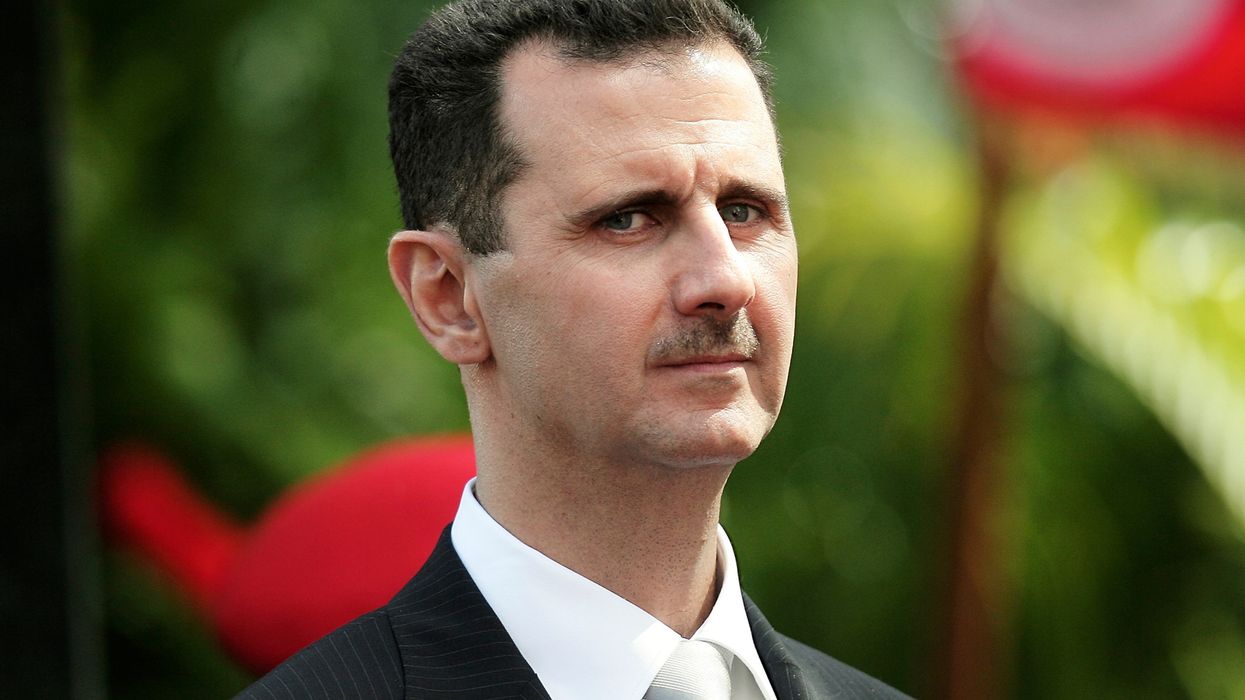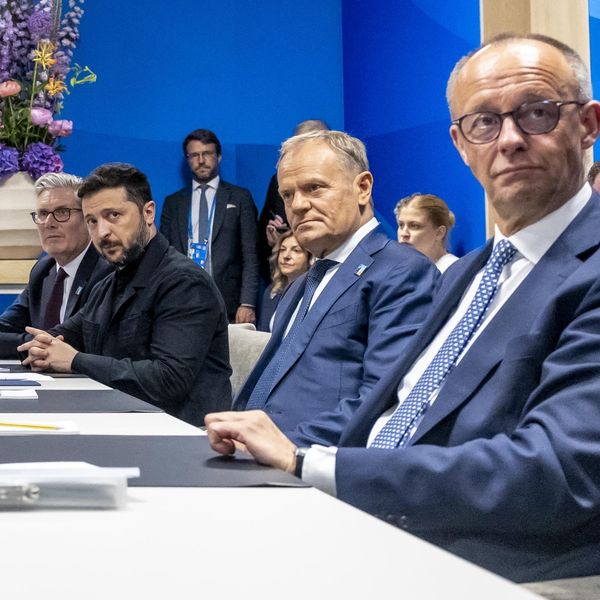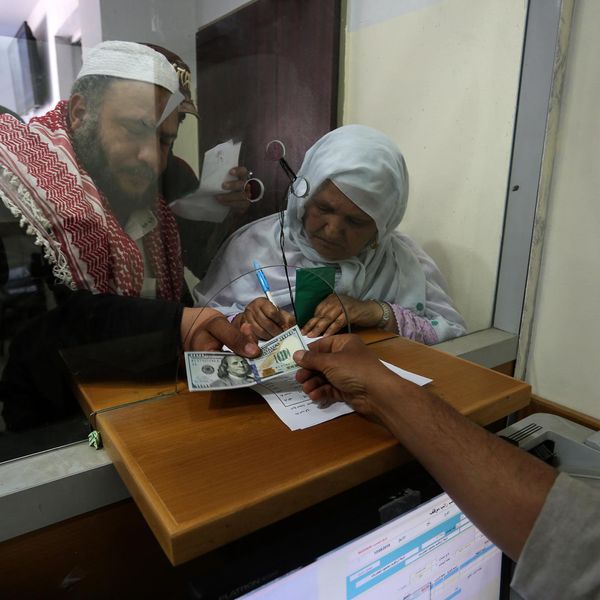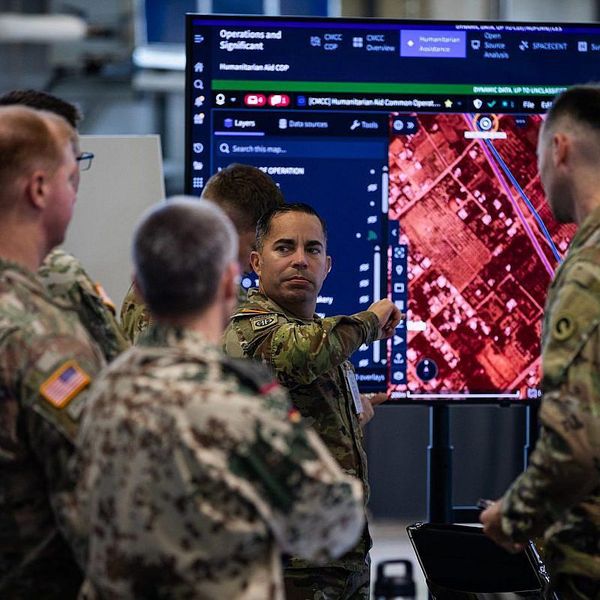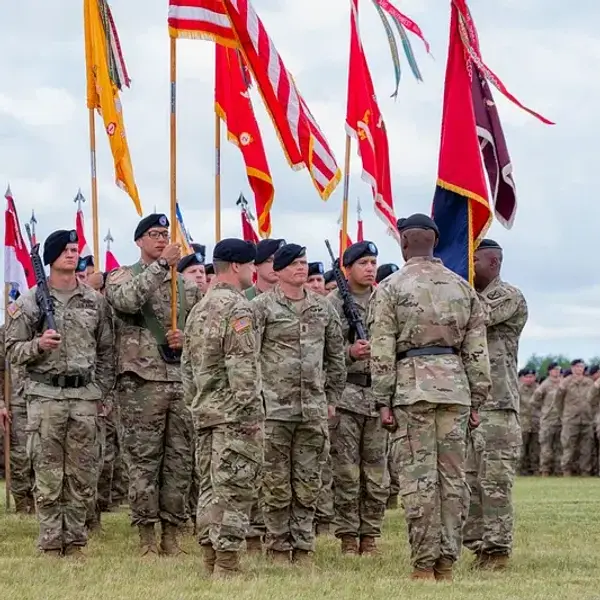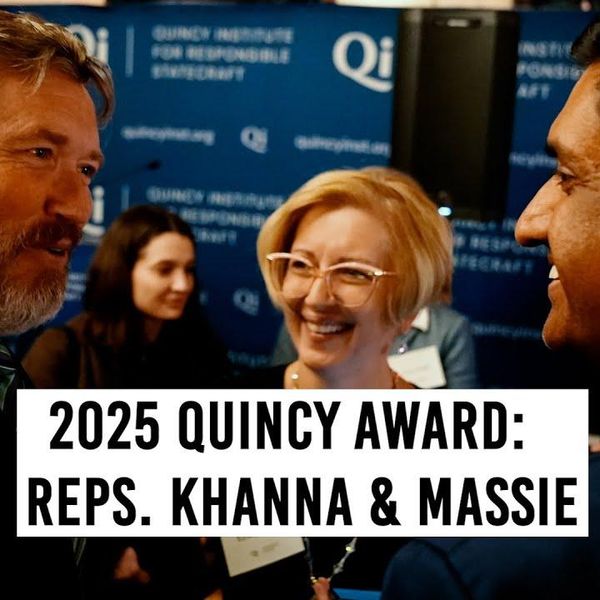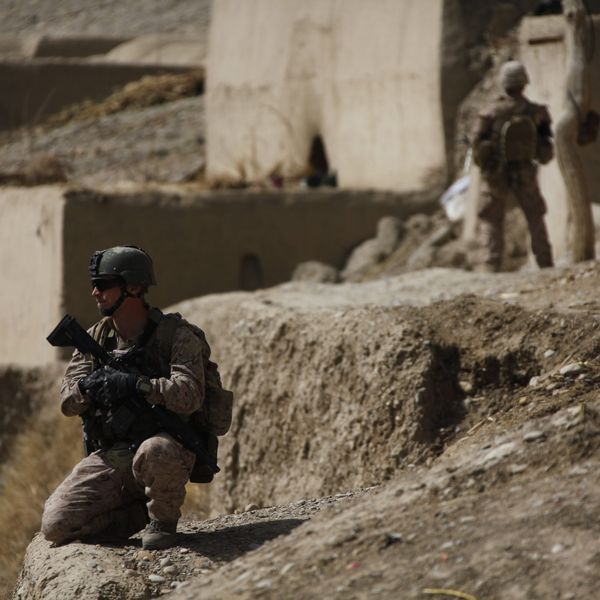In Burkina Faso late last month, Capt. Ibrahim Traore overthrew Lt. Col. Paul-Henri Sandaogo Damiba, a fellow military officer who had seized power in a January coup. Last week, Traore was declared “Head of State, Supreme Head of the Armed Forces,” according to an official statement.
Prior to his putsch, Damiba took part in at least a half-dozen U.S. training events, according to U.S. Africa Command, or AFRICOM. In fact, since 2008, U.S.-trained officers have attempted at least nine coups (and succeeded in at least eight) across five West African countries, including Burkina Faso (three times), Guinea, Mali (three times), Mauritania, and the Gambia.
Is Traore the tenth West African officer to add to the growing tally? The Pentagon has no idea.
Since late September, Responsible Statecraft has sought answers from AFRICOM and the Office of the Secretary of Defense without success. “We do not have information for you on Capt. Ibrahim Traore of Burkina Faso,” a Pentagon spokesperson, who refused to provide their name, responded via email after nearly a week of repeated queries. AFRICOM is also in the dark.
“This is something we will have to research and get back to you,” said AFRICOM spokesperson Kelly Cahalan, noting that there did “not appear to be any linkages” between Traore and U.S. training exercises, while leaving open the possibility that he could have been connected to “other engagements” with the United States.
Damiba, who fled to neighboring Togo after being deposed, had taken part in many U.S. “engagements.” In 2010 and 2020, for example, he participated in Flintlock, an annual Special Operations Command Africa exercise focused on enhancing the counterterrorism capabilities of West African nations, including Burkina Faso, Guinea, Mali, and Niger. In 2013, Damiba was took part in an Africa Contingency Operations Training and Assistance course. In 2013 and 2014, he attended a U.S.-sponsored Military Intelligence Basic Officer Course. And in 2018 and 2019, Damiba participated in engagements with a U.S. Civil Military Support Element in Burkina Faso. And he was hardly an outlier.
In 2020, Col. Assimi Goïta, who attended U.S. training exercises and a Joint Special Operations University seminar at MacDill Air Force Base in Florida, headed the junta that overthrew Mali’s government. Goïta stepped down to take the job of vice president in a transitional government tasked with returning Mali to civilian rule, only to seize power again in his second coup in nine months.
Last year, a Guinean special forces unit led by Col. Mamady Doumbouya took time out from training with U.S. Green Berets to storm the presidential palace and depose the country’s 83-year-old president, Alpha Condé. Doumbouya soon declared himself Guinea’s new leader.
A key reason that the U.S. military is unsure of whether it has mentored Traore is a lack of record-keeping. AFRICOM does not keep tabs on what becomes of the officers it trains, nor does it know which have conducted coups. “AFRICOM does not actively track individuals who’ve received U.S. training after the training has been completed,” Cahalan told Responsible Statecraft, noting that the command does not maintain a list of African officers who have overthrown their governments or even keep a count of how many times its occurred. “AFRICOM does not maintain a database with this information.”
The Office of the Secretary of Defense was hopeful that the Africa Center for Strategic Studies, a Pentagon research institution, or the State Department might have information about Traore. The State Department refused to comment on the record. The Africa Center did not respond to multiple inquiries by Responsible Statecraft.


